If you sometimes feel that your purchasing decisions are not routinely well-considered and that impulse rather than need is the primary catalyst driving up your credit card balances, rest assured that those concerns are widely shared by other people, as well.
In fact, notes a study cited in a media article on debt addiction, as many as 20 million people across the United States might have a debt-related problem that owes centrally to undisciplined buying of consumer goods.
That equates to about seven percent of the nation’s population.
What causes some consumers to be, well, more consumed with buying goods than is the case with people who are not quite so willing to unleash credit cards from their wallet?
From Mississippi to Montana, the answer seems to be about the same. Research in the area — and there is certainly no dearth of that, with scores of published studies examining the causes of compulsive buying — stresses that, while great complexity attaches to impulse-driven purchases, some common underlying themes are present that promote susceptibility to excessive purchasing in many people.
One underscores that many impulsive buyers have one or myriad other compulsive inclinations that are centered on things like gambling or hoarding.
Another reason: Some people are just more attuned than others to the constant barrage of messages that promote easy buying opportunities in the United States. Shoppers scarcely need to even go outside their homes to make purchases anymore, given the ease of buying that is afforded by television shopping channels, online company sites, ebay, craigslist and other buy-now conduits.
Although those buying avenues spell ready opportunity to transact, of course, they also pose a clear financial peril to some people.
The bottom line is that debt is a slippery slope for many consumers. Persons who feel anxiety over escalating debt levels and seek to take purposeful action to address mounting financial difficulties might want to consider having a candid and confidential discussion with a proven debt relief attorney.
That discussion could be the first step toward regaining a fresh financial start.

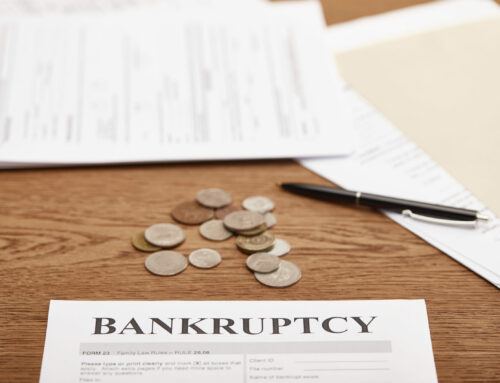
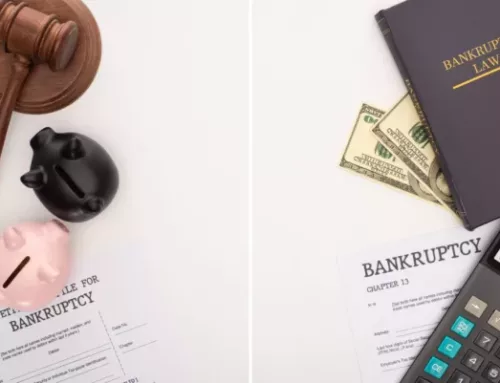
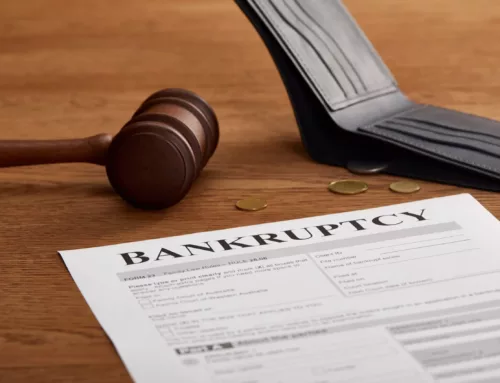
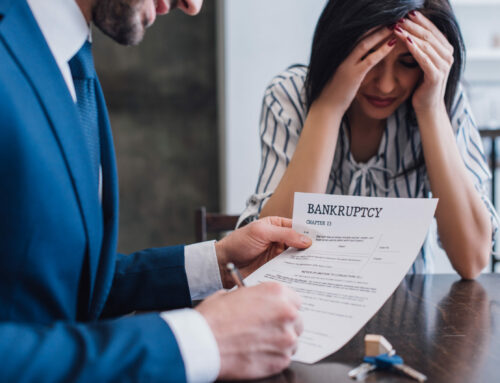

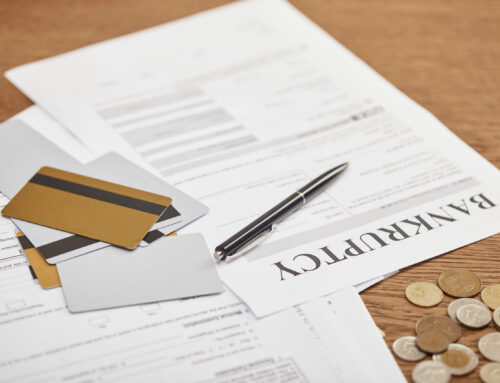

Connect with Us